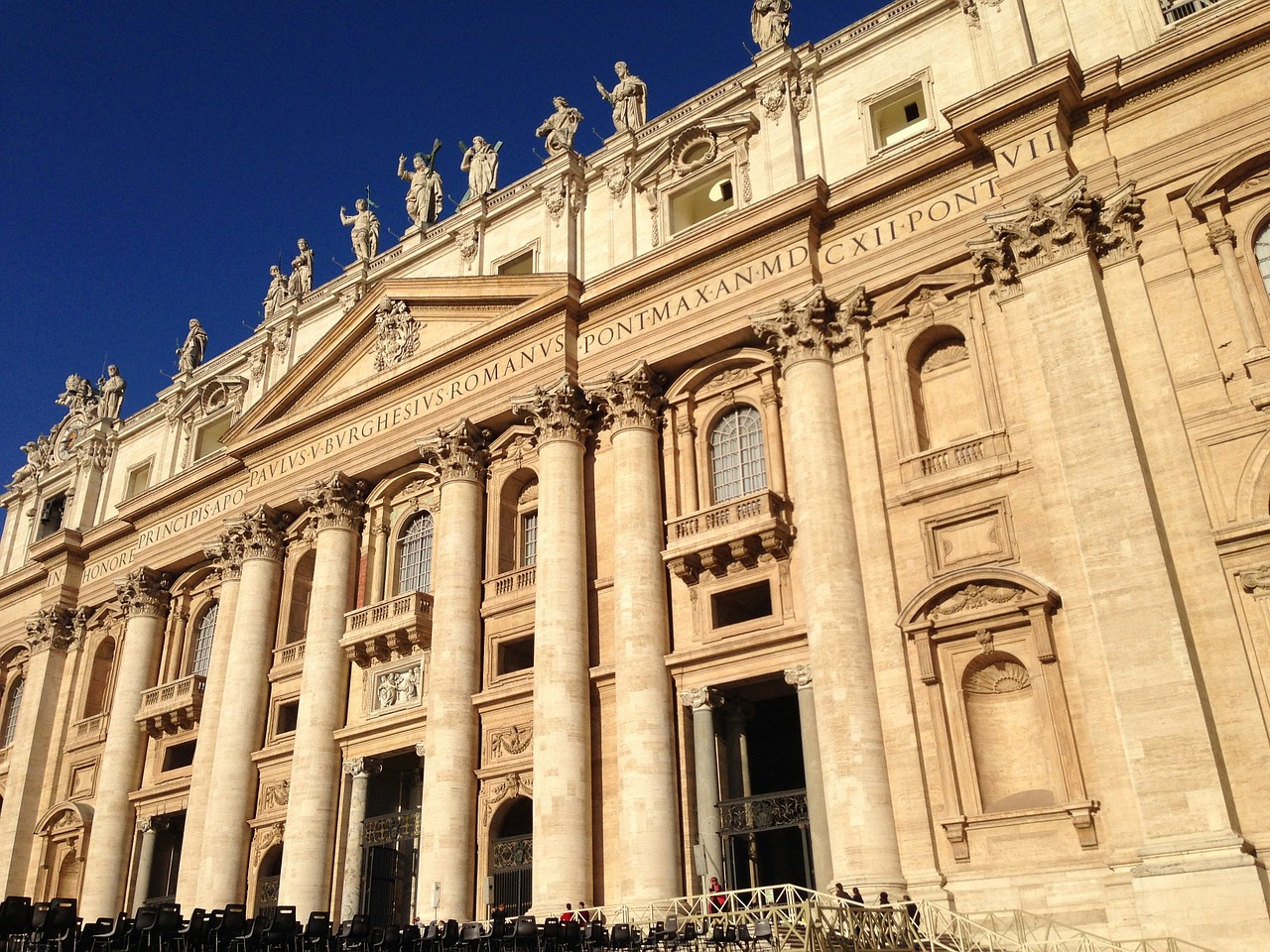Dr. Sandro Magister, the well-respected Vatican expert, has just today published an excellent overview of the current discussion concerning Amoris Laetitia and the subsequent dubia published by the Four Cardinals. He points out that, among the eighteen bishops and cardinals who have made public statements concerning this matter, only seven have defended Pope Francis’ position. Magister says: “There are eighteen cardinals and bishops so far who have spoken on the issue. And of these not more than seven have taken the pope’s side in lashing out against the four authors of the dubia.”
On 21 December, however, an eighth cardinal has now come to the rescue of Pope Francis, with some stunningly contradictory comments, as it seems. According to an 21 December interview as published by Katholisch.de, the official website of the German Bishops’ Conference, Cardinal Reinhard Marx of Germany now claims – in an indirect response to the Four Cardinals – that the document is “not as ambiguous as some people claim”:
The document [AL] is not as ambiguous as some people claim. It is not about a new teaching. The pope wants that we look at reality with a new, pastoral view and that we connect our life – even if it did not always turn out well – with the demands of the Gospels and that we trust God’s mercy.
In response to a question concerning the practical consequences of the pope’s document, Marx says that he thinks that the German bishops are behind Pope Francis in this matter and that the “remarried” divorcees may, indeed, under certain conditions (unspecified), now have access to the Sacraments:
It is important for the pastoral care to form and respect the decision of conscience of the individual person. For example, the remarried divorcees shall not – for the rest of their lives and independently of the path which they went – be locked up as in a dead end. Here one has carefully to look at the biographical, sometimes very difficult, situation of the individual person on the background of the Gospel. Part of it is then, too, under certain conditions, the possibility to be able to go again to Communion and to Confession. For this, we have now to encourage the priests. Many act already accordingly. The German bishops have definitely had an impact upon the Synod on the Family. I think that they support the pope and consider his document to be a positive further development. [my emphasis]
Cardinal Marx’ comments are inherently self-contradictory. He first claims that there is “no new teaching,” yet at the same time he says that some “remarried” divorcees may now receive the Sacraments – a practice that has always been disallowed by the Catholic Church for 2,000 years. Cardinal Marx thus further participates in the undermining of the principle of non-contradiction – and subverting with it any sense of rational discourse, and as if logos still mattered.
With Cardinal Marx’s somewhat indirect response to the dubia, the number of Pope Francis’ public supporters – who are also high-ranking prelates – has risen now to eight. However, two additional episcopal voices have now come to the courteous aid of the Four Cardinal’s dubia, and they should also be noted.
For example, according to Bishop James D. Conley of Lincoln, Nebraska, “the questions being posed to the Holy Father are intended to help achieve clarity”; and Archbishop Charles J. Chaput, of Philadelphia, Pennsylvania has just stated in a polite interview with Catholic World Report:
Strengthening marriage and families is the whole purpose of Amoris Laetitia. If the document has elements that some serious Catholic scholars see as ambiguous, then the issues they raise need to be dealt with honestly and directly. The differences and discussions bishops are now having over the reception of the document are probably necessary to its proper incorporation into the life of the Church. [my emphasis]
Following Sandro Magister’s summary accounting among the college of cardinals and the bishops, there are now, it appears, at least thirteen high-ranking public supporters of the dubia – whereas there are only eight clear supporters of the pope. Unfortunately, Cardinal Gerhard Müller is not yet among the public supporters of the Four Cardinals and their dubia.


